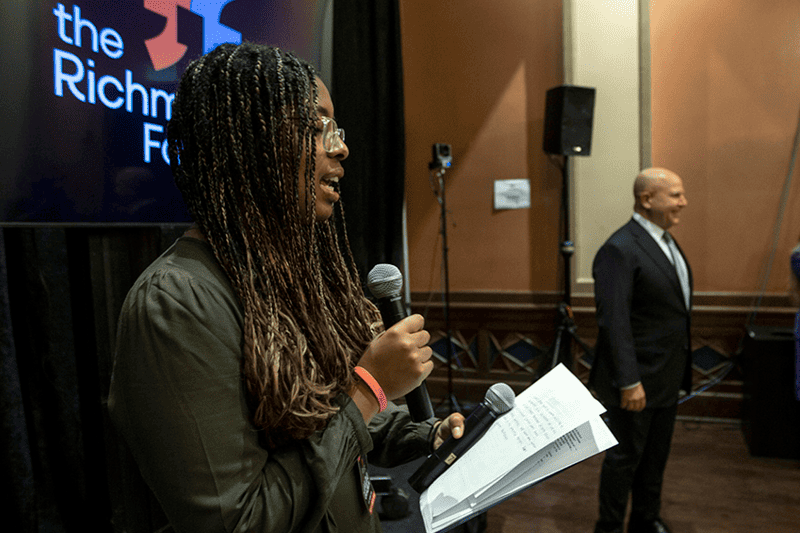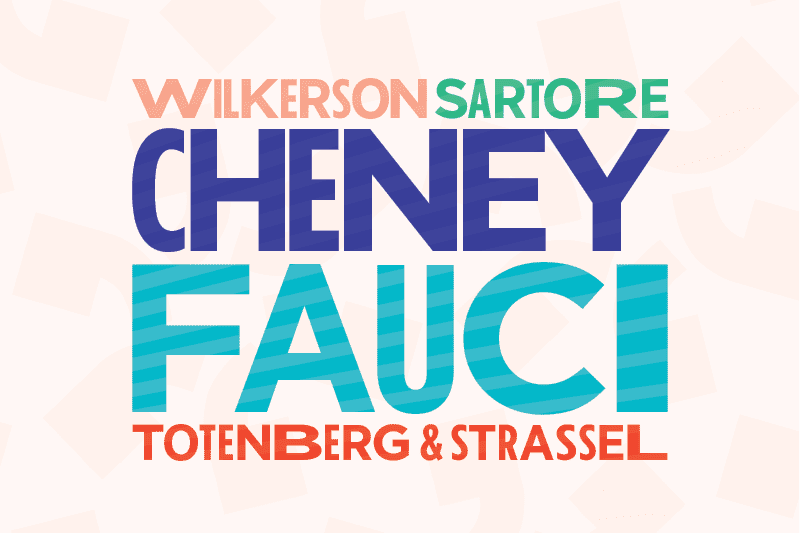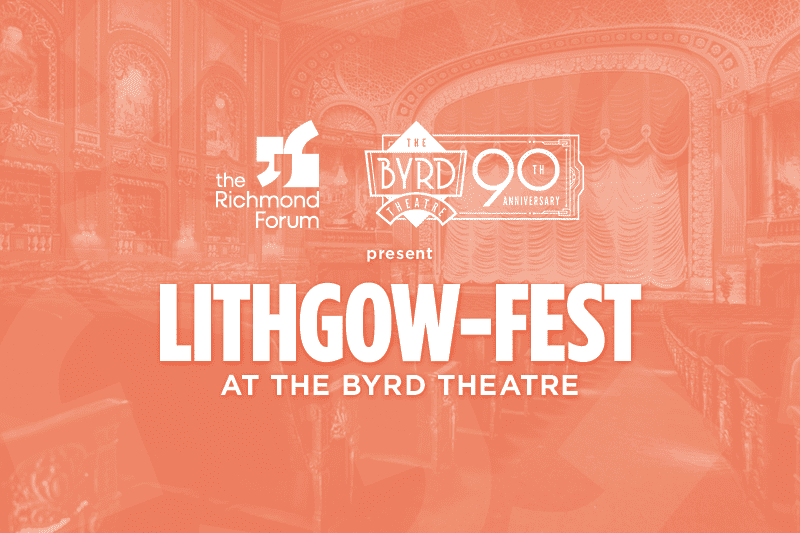From The Richmond Times-Dispatch
January 28, 2023
By Sandra Wheeler
As schools reopen after the winter break, parents are starting 2023 worried about their students. Instead of bouncing back from the pandemic, K-12 education continues to suffer, with at-risk children bearing much of the burden.
National test scores in elementary school math and reading, alarming even before the pandemic, have plummeted even more – reaching historic lows. State test scores for high school show similar depressing results.
The gap between high and low achievers has widened, and record numbers of at-risk students are being held back to repeat the academic year.
These gloomy facts are not only stressing parents, they are also forcing educators and policymakers into an anxious search for solutions. But there is good news among the gloom: One of the most effective ways to boost student performance is readily available. Unfortunately, it is not used nearly widely enough.
To achieve the kind of quality education parents, educators and policymakers want, every student in every school should have the opportunity to engage in speech and debate. Former Secretary of Education Arne Duncan has said, “[D]ebate is almost uniquely suited to building what’s been called the `four C’s’ of 21st-century skills – critical thinking, communication, collaboration and creativity.”
A decade of scholarly studies of students in speech and debate has demonstrated how these programs change students’ lives. For example, a study of young debaters in Baltimore found they increased their eighth-grade reading scores and math scores by 21% and 13%, respectively. Debaters were also less likely to be chronically absent.
Similarly, a 2021 study of Houston Independent School District high school students found debaters achieved higher GPAs than nondebaters. They also scored higher on the math and reading/writing sections of the SAT. An earlier study of Chicago Public Schools found the proportion of African American males who graduated from high school was nearly 70% greater among debaters than nondebaters.
The problem facing academic speech and debate programs is that there are simply far too few of them. Such programs are especially rare at schools where students are most in need of academic and life skills support.
The U.S. has more than 23,000 public high schools. The National Speech and Debate Association, the national membership organization that organizes events for public and private schools, boasts a mere 2,863 partner high schools. Moreover, less than 1% of the nation’s high school students take part in NSDA speech and debate competitions.
Closing these gaps will require new approaches and outside-the-box thinking.
Historically, the Mid-Atlantic region has been one of the areas facing a speech and debate deficit. During the 2017-18 school year, Richmond Public Schools had one speech and debate team despite having 16 middle and high schools. Surrounding counties had only a handful of programs, too.
In 2018, The Richmond Forum, America’s largest nonprofit speaker series, decided to take on that deficit. While the Forum has always held events for students, leaders decided the Forum needed to do more, and speech and debate programs were in line with its educational mission.
The organization launched the Richmond Forum Speech & Debate Initiative, awarding grants to two local school districts to start teams at schools. The goal is to have competitive speech and debate programs at all regional middle and high schools by 2025. The initiative started with 10 local schools and 250 students and has grown to 28 schools and over 600 students.
Although it is too soon for analytical studies to yield statistics on achievement locally, there are many early signs of progress. Teachers and coaches report their speech and debate students feel more confident, demonstrate a better understanding of both sides of an issue, and are able to think more critically and creatively.
The initiative has grown the number of local teams from four to 28, despite the devastating effects of COVID-19 school closures. In addition, the region went from sending zero students to national tournaments to sending dozens. In 2020, the region achieved a historic milestone: A student placed fifth in the nation for original oratory in 2020.
Speech and debate programs are a critical part of the solution to the continuing crisis in education. Our democracy would be stronger and our children would perform better if every student in the nation has the chance to participate. Richmond’s experience demonstrates how creative thinking and innovative public/private partnerships can help schools achieve that goal.



